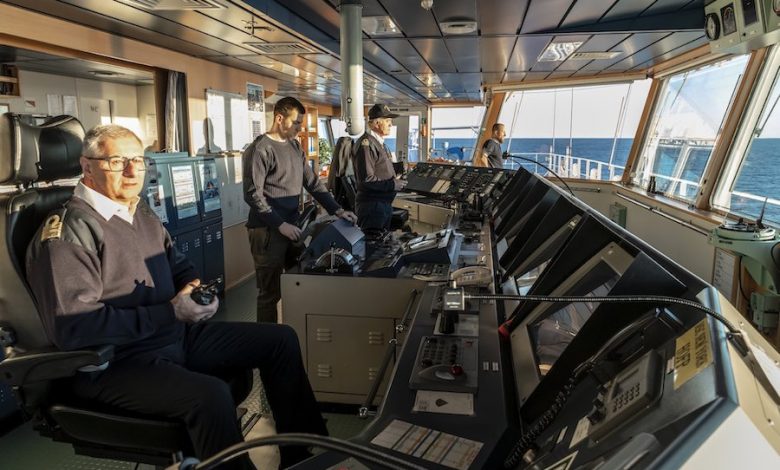Welfare 2.0 report highlights lack of funding for human factor start-ups

Satellite communications giant Inmarsat has tapped Splash columnist Nick Chubb, the founder of consultancy Thetius, to pen a research paper focusing on the way technology can benefit crew safety, health and wellbeing at sea. Launched today to coincide with the International Day of the Seafarer, the report, Welfare 2.0, has some interesting statistics on how little is spent on crew welfare software.
Globally, the shipmanagement software market is worth $3.8bn a year, and start-ups and SMEs founded since 2010 have raised $280m in venture funding, according to research carried out by Thetius. Start-ups with a focus on human factors attract four times less funding and grow 25% slower on average than start-ups focused on machinery performance.
A seafarer is twice as likely to die at sea due to a cardiac-related illness than by suicide, but in the last five years mental health issues and suicide among seafarers have received 10 times more press coverage than stories relating to cardiac health
Since 2010, start-ups with a focus on human factors, crew management, wellbeing, welfare, and seafarer safety have on average attracted a total investment of $2.25m. This is around four times less than the average total investment in start-ups focusing on vessel machinery performance technologies such as engine efficiency, hull monitoring, and hydrodynamic performance in the same period. Further, in the first five years in business, the revenue of start-ups focused on human safety and performance has grown on average 25% slower than start-ups focused on vessel machinery performance.
“One of the likely reasons that investments in human-centred technologies is lower than investments in machinery- centred technologies is that the science of behavioural psychology is relatively new and not yet widely adopted in the workplace. It is far easier to predict the behaviour of an engine or the friction of a ship’s hull than it is to predict the behaviour of a human or the complex nature of relationships on board,” the report states.
One of the most surprising insights to emerge from this research project is the disparity between the frequency of cardiovascular related deaths at sea, and the availability of information, support, and tools to minimise the risk of developing circulatory diseases and dealing with heart-related emergencies. This is demonstrated by the fact that a seafarer is twice as likely to die at sea due to a cardiac-related illness than by suicide, but in the last five years mental health issues and suicide among seafarers have received 10 times more press coverage than stories relating to cardiac health and heart attacks at sea.
The report urges key stakeholders to develop a data model for capturing, storing and analysing factors that contribute to seafarer health, welfare, and safety issues. The model should be anonymous, meaning that no data can be captured that makes it possible to identify an individual. The model should be open source, meaning it is free to use by anyone and anyone can contribute to its development.
Commenting on the report’s launch, Ronald Spithout, president of Inmarsat Maritime, said: “We are at a point in time when lack of shore leave, unplanned contract extensions, fear of job loss and separation from family are weighing heavily on seafarers worldwide. Technology cannot provide a silver bullet. Its role is vital in embedding policies and practices to enhance safety and wellbeing on board. Data-based tools test what does and doesn’t work for the human element and track changes over time.”
